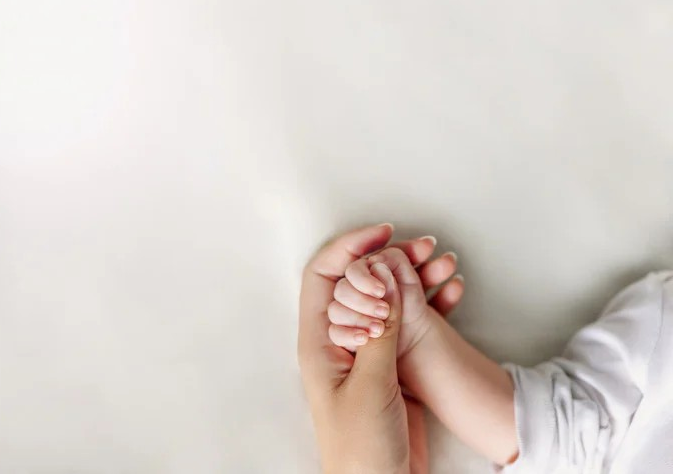The conversation around diversity and inclusion has seen a huge focus in the last few years, including from charters such as Women in Finance and AE3 Media’s DIFF events and podcasts. But an element that is not often discussed is maternal mental health.
This is everyone’s issue, in every sector. Post-natal depression and other maternal mental health issues don’t discriminate. 1 in 5 women experience perinatal mental health problems. With 381,000 women working in finance full time, plus 86,000 working part-time according to Statista, that is an average of 93,400 women affected, in the finance industry alone, yet we’re not talking about it.
The human and global economic consequences of inaction are huge. The current cost to the country is 8.1 billion per year and the leading cause of perinatal death is suicide according to Maternal Mental Health Alliance, a perinatal charity. And of course, the consequences can be devastating for mothers, babies, entire families and the next generation.
How do we even begin tackling such a major health crisis and get mothers the care that they need?
Locally, understanding the signs and symptoms of what’s normal and when to seek help, or how to support a loved one or colleague, is a great first step. World Maternal Mental Health Day advocates for raising awareness, changing attitudes and learning from each other.
Nationally, support is not the same across the country, and care can be a postcode lottery. Over 70% of women suffering from post-natal depression don’t get diagnosed and do not receive adequate treatment and support. Maternal Mental Health Alliance are fighting to make “mental health check-ins as standard as taking blood pressure” and to value women’s mental health as much as their physical health. The charity is also advocating for maternity and health visiting services to be equipped to provide high-quality mental health care. It also wants inequalities to be addressed and the research data and findings to be made available so the public can see the progress and shortcomings of maternal services. Maternal Mental Health Alliance has a template and is encouraging writing to your MP to empower change,
Maternal mental health problems are roughly twice as common in low-income countries as they are in high-income countries. “Black and minority ethnic women, young mothers and those facing domestic abuse, poverty or multiple disadvantages also continue to experience poorer outcomes”. This shows that with the right funding, support and awareness these figures can change.
This isn’t just an issue affecting women; partners, colleagues, employers and friends need to know the signs and what they can do to help too as all will receive knock-on effects. The theme for Maternal Mental Health Week this year is #StrongerTogether.
Please know that if you are struggling, or you know someone who is, there is support available:
- Samaritans – call free anytime – 116 123 or find out more on their website.
You can also find more local services on the https://www.nhs.uk/nhs-services/mental-health-services/where-to-get-urgent-help-for-mental-health/NHS website including:
- Tommy’s: mental health before, during and after pregnancy
Call: 0800 014 7800 from Monday to Friday, 9am to 5pm, for free
Email: midwife@tommys.org - Mind: postnatal depression and perinatal mental health
Call: 0300 123 3393
Email: info@mind.org
If you want to write to your MP to empower change, Maternal Mental Health Alliance has a template letter here.
Read our next blog on: Writing content for short attention spans (bclear.co.uk)


